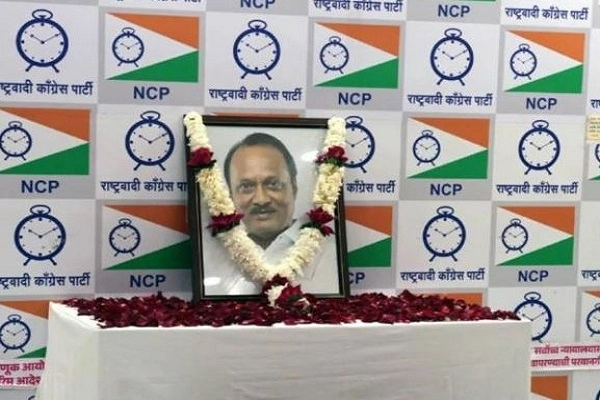The concept of immortality has long captivated human imagination, often appearing in folklore, literature, and philosophical discourse. Recently, discussions surrounding the possibility of immortality gained renewed attention when reports surfaced about Russian President Vladimir Putin allegedly conveying thoughts on the subject during a conversation with Chinese President Xi Jinping. This intriguing notion raises numerous questions about the implications of eternal life, both on personal and societal levels.
Historically, the quest for immortality has been a theme explored by various cultures. From ancient myths about gods and immortals to modern scientific endeavors aimed at extending human life, the allure of living forever persists. In contemporary society, advancements in biotechnology and medicine have sparked debates about the feasibility of significantly prolonging life. Genetic engineering, regenerative medicine, and cutting-edge therapies offer tantalizing prospects for extending human lifespan, yet ethical considerations and societal impacts remain contentious points of discussion.
If immortality were to become a reality, the ramifications would be profound. On a personal level, individuals might grapple with the existential implications of living beyond their natural lifespan. Would the desire for achievement and fulfillment change if one had limitless time? Moreover, societal structures, including family dynamics and career trajectories, would likely undergo significant transformations. The ecological footprint of an immortal population could also pose challenges, as resources become strained amid a continuously growing populace.
Furthermore, the geopolitical implications of immortality cannot be overlooked. Nations might compete not only for technological advancements but also for control over the means to achieve extended life. This could lead to a new era of power dynamics, where longevity becomes a tool for influence and control. As leaders like Putin and Xi engage in dialogues about such profound subjects, it prompts reflection on how humanity navigates the scientific, ethical, and philosophical landscapes of potential immortality. The journey toward understanding life, death, and what lies beyond remains one of the most significant quests in human history.




